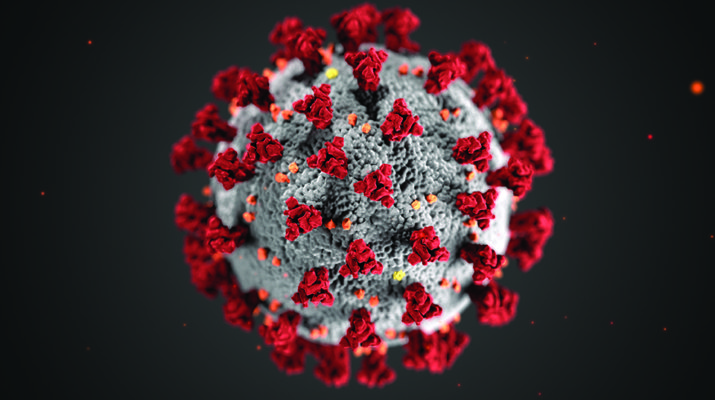On Friday, Nov. 19, Center of Disease Control and Prevention (CDC) expanded recommendations for booster shots of the COVID-19 vaccine in populations to now include all adults ages 18 years and older who received a primary mRNA COVID-19 vaccine series (Pfizer-BioNTech or Moderna).
Under the new recommendations, all adults ages 18 and older may receive a booster shot at least six months after completing their primary mRNA vaccine series. In addition, ACIP updated recommendations for the groups who should receive a booster shot at least six months after completing their primary mRNA COVID-19 vaccine series to include: people ages 50 and older and residents ages 18 years and older in long-term care settings.
There were no changes to CDC’s existing recommendations for booster shots for recipients of Johnson & Johnson’s Janssen COVID-19 vaccine. Although these recommendations are specific to those who received a mRNA COVID-19 vaccine, adults of all ages are able to get a different booster from their primary vaccine series among all COVID-19 vaccines currently authorized for use in the U.S.
Although COVID-19 vaccines have been effective in reducing risk of severe disease, hospitalization, and death, including against the Delta variant, protection against mild and moderate disease has been gradually reducing – especially among certain populations.
The FDA and CDC’s decisions to expand eligibility for COVID-19 booster shots was based on the latest research data on boosters and third doses that have already been administered in the U.S. and in other countries. FDA and CDC have determined mRNA COVID-19 vaccine booster shots were determined to be safe and increase protection against COVID-19, including the widely circulating Delta variant.
Possible Side Effects
Side effects are expected with any vaccination and have been mostly mild or moderate and short-lived according to the evidence so far. For both Pfizer-BioNTech and Moderna, side effects were reported less frequently following a booster dose than the second dose of the primary vaccination series.
Myocarditis (inflammation of the heart muscle) and pericarditis (inflammation of the outer lining of the heart) are a rare side effect of the mRNA COVID-19 vaccination, and most individuals have recovered without requiring serious treatment. Data related to myocarditis and pericarditis following mRNA COVID-19 booster is limited. However, out of nearly 26 million booster shots administered in the U.S. so far, only 54 preliminary cases of myocarditis have been reported to the Vaccine Adverse Event Reporting System (VAERS). These reports followed either a Pfizer-BioNTech or Moderna vaccination and are being investigated.
The risk of myocarditis after a booster dose of Moderna COVID-19 vaccine is unknown, although increasing evidence suggests a higher risk for myocarditis following Moderna compared to Pfizer-BioNTech primary series vaccination. Please note that Moderna’s booster dose is half that of the primary Moderna series.
Vaccine Effectiveness
Data obtained from State Health Information Exchange and Nebraska State Immunization Information System (NESIIS) show that Nebraskans who are not fully vaccinated are at least 10 times more likely to be hospitalized with COVID-19.
As for which booster shot to get, Dr. Matthew Donahue, Nebraska’s Acting State Epidemiologist, recommends, “The most frequently administered combination in Nebraska is two Pfizer shots and a Pfizer booster, which accounts for 125,000 Nebraskans who have gotten boosters. However, for everyone who is eligible, rather than spending time on deciding what booster shot to get and delaying getting your booster, you should get whichever booster is most convenient for you to get.”
Booster doses are common for many vaccines. FDA and CDC continue to evaluate data as it is available and will update booster recommendations as needed.

